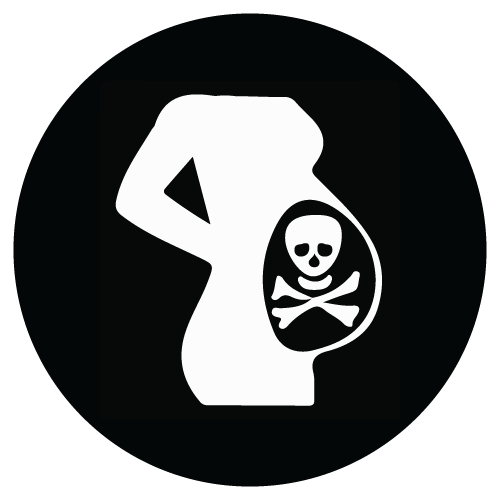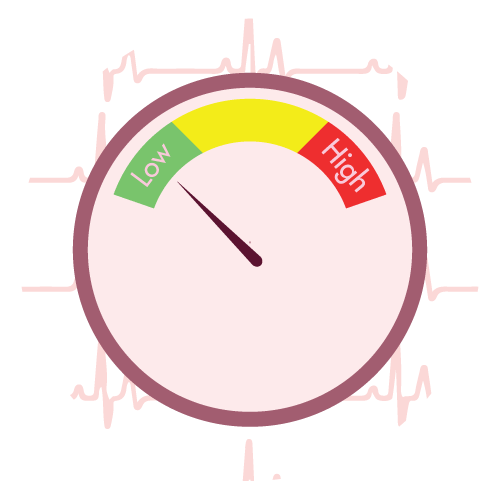| Name | Aliskiren |
| Classes |
Cardiovascular Agent Antihypertensive Renin Inhibitor |
| Diseases |
Cardiovascular Disease Hypertension (High Blood Pressure) |
Aliskiren
Aliskiren is an antihypertensive drug. It works by reducing the body's production of substances that constrict blood vessels and raise blood pressure.
Aliskiren is indicated for Hypertension.
- Aliskiren is available as tablets. It should be taken once a day at the same time everyday.
- Aliskiren is usually started at a dose of 150 mg once a day. The daily dose may be increased to 300 mg in people whose blood pressure is not well managed.
- Aliskiren can be combined with other antihypertensive medications. Do not combine with angiotensin receptor blockers (ARBs) or angiotensin converting enzyme inhibitors in diabetics.
The serious side effects of aliskiren include-
- Angioedema
- Terratogenicity
- Hypotension
The common side effects of aliskiren are-
- Diarrhea
- Cough
- Dizziness
- Headache
- Hyperkalemia
- Avoid concomitant use with ARBs or ACEI in patients with renal impairment (GFR<60 mL/min)
- Head and neck angioedema. Discontinue use of Aliskiren and monitor until signs and symptoms resolve
- Hypotension in volume and/or salt depleted patients: Correct imbalances before initiating therapy with Aliskiren
- Impaired renal function: Monitor serum creatinine periodically.
- Hyperkalemia: Monitor potassium levels periodically.
Contraindication
- In diabetic patients, do not combine with angiotensin receptor blockers (ARBs) or angiotensin-converting enzyme inhibitors (ACEI). Such as-
- Aliskiren blood concentrations were dramatically enhanced when it was taken with cyclosporine or itraconazole. Avoid using aliskiren with cyclosporine or itraconazole at the same time.
Aliskiren is contraindicated in pregnancy as it can cause fetal injury and death to the developing fetus.
 Bangla
Bangla English
English





